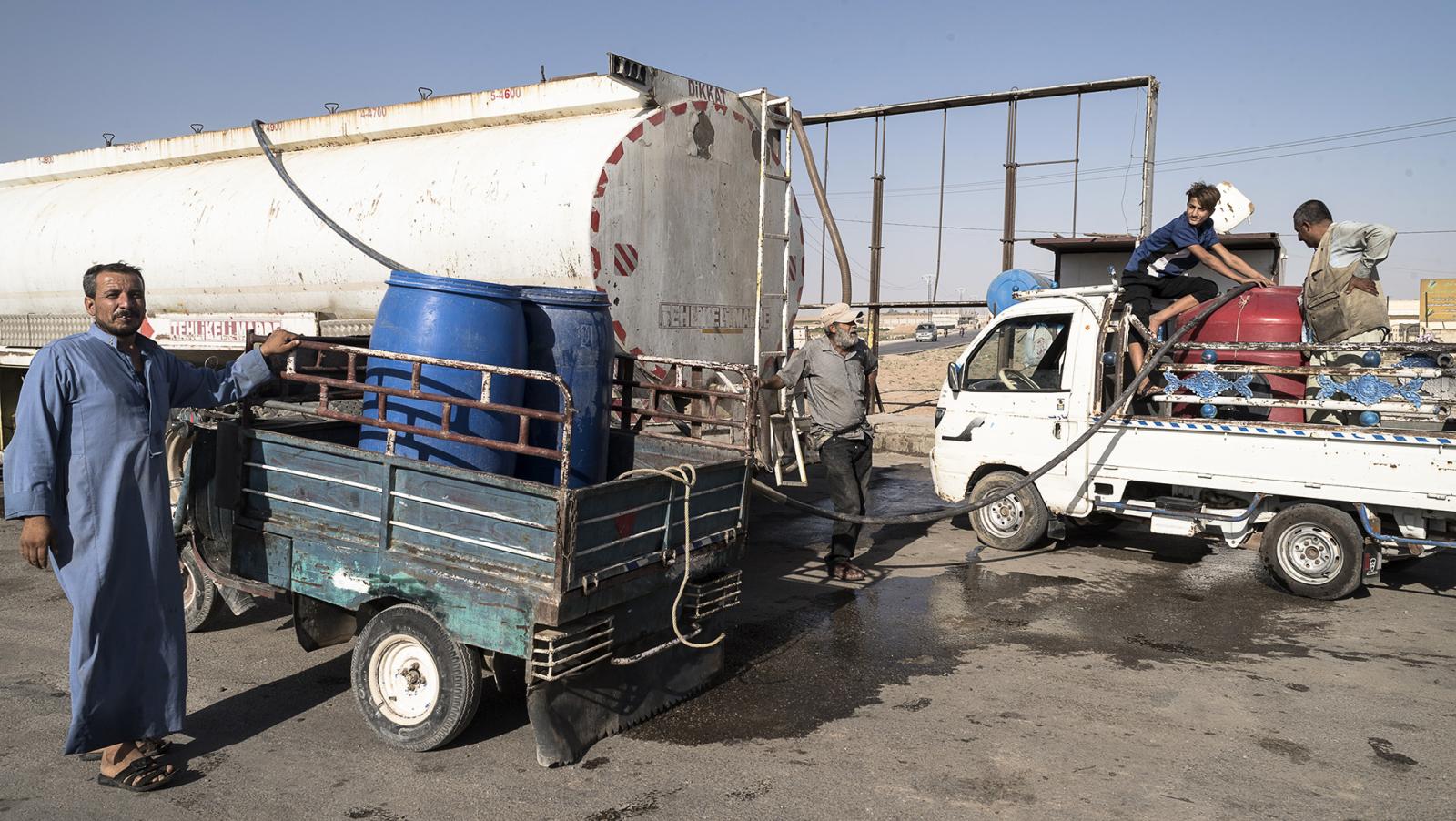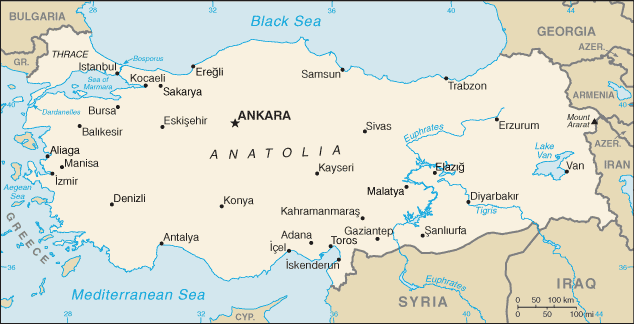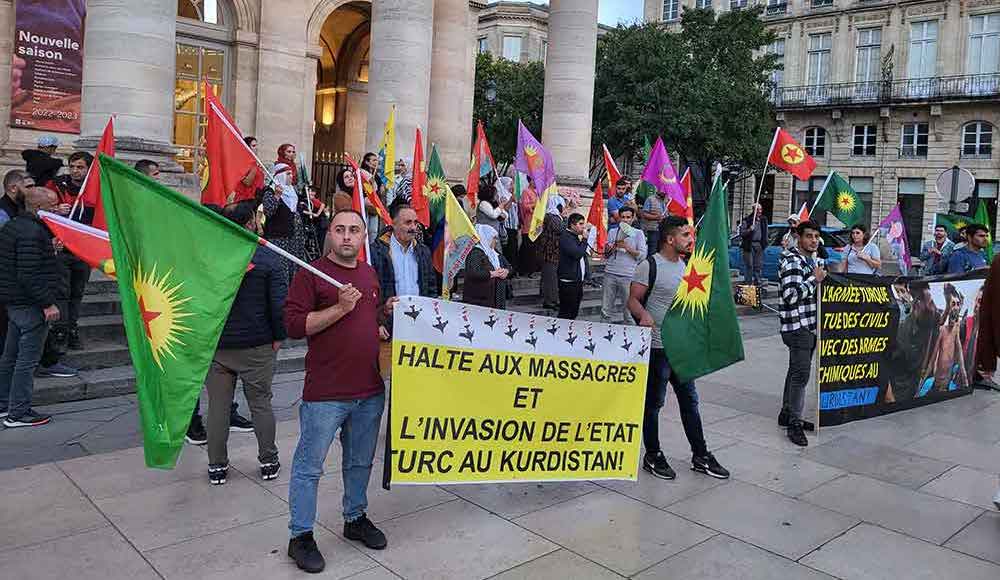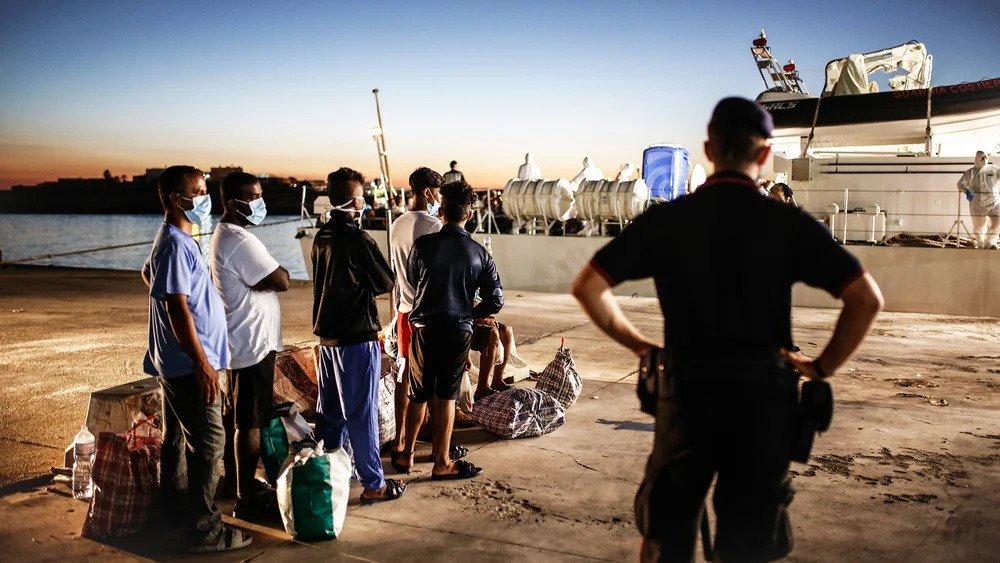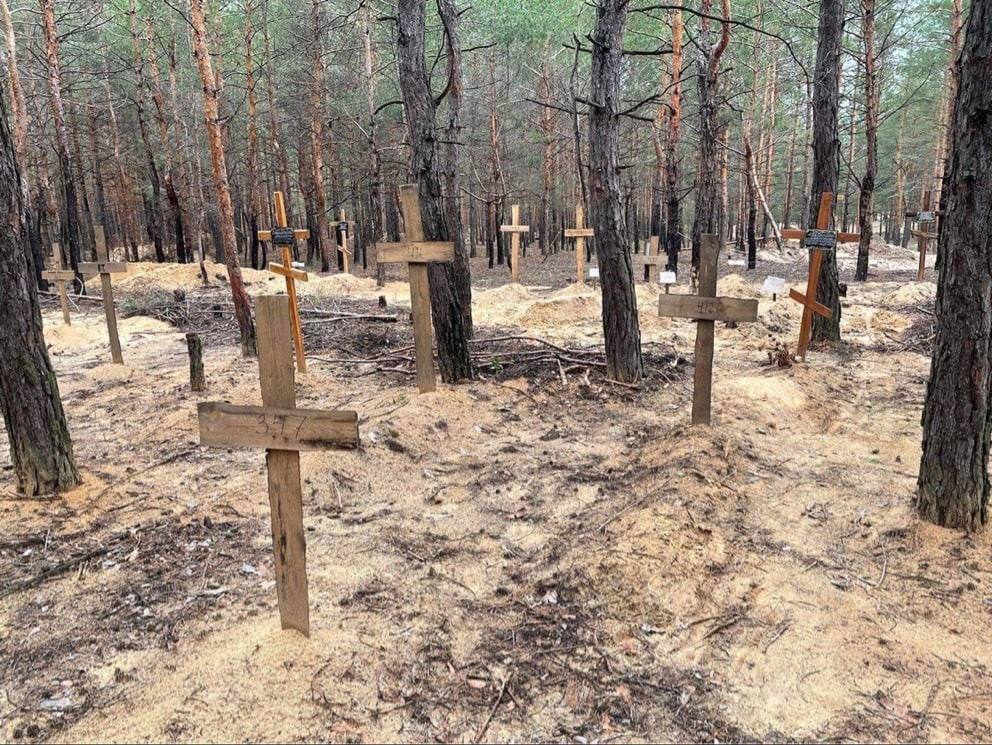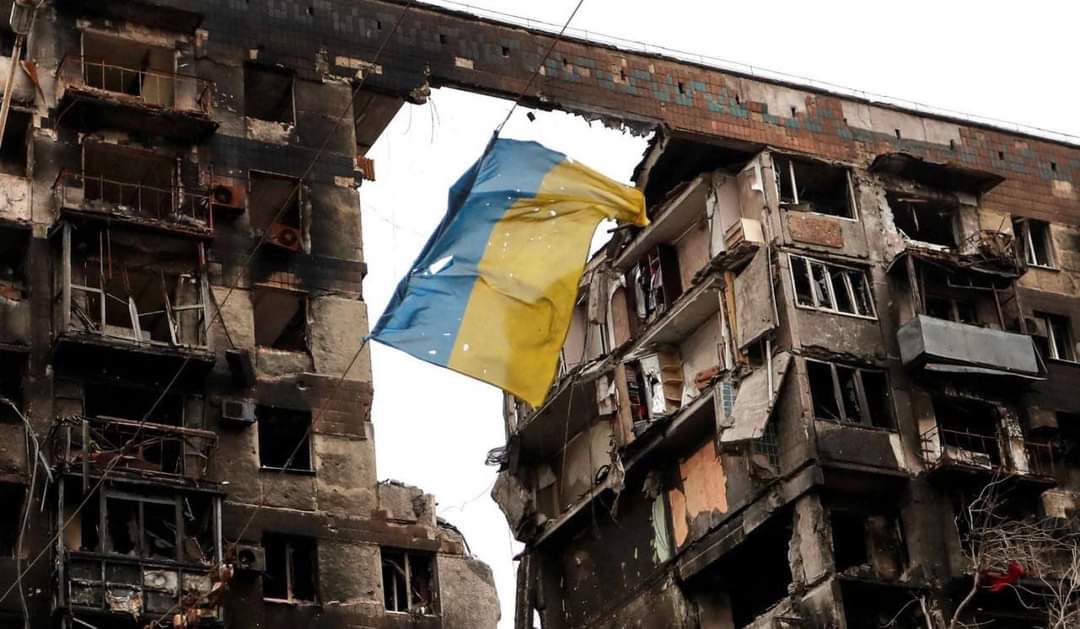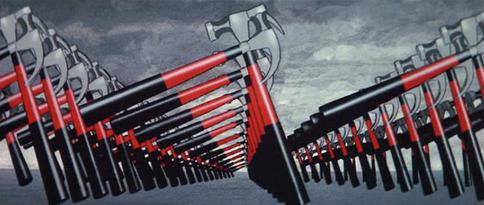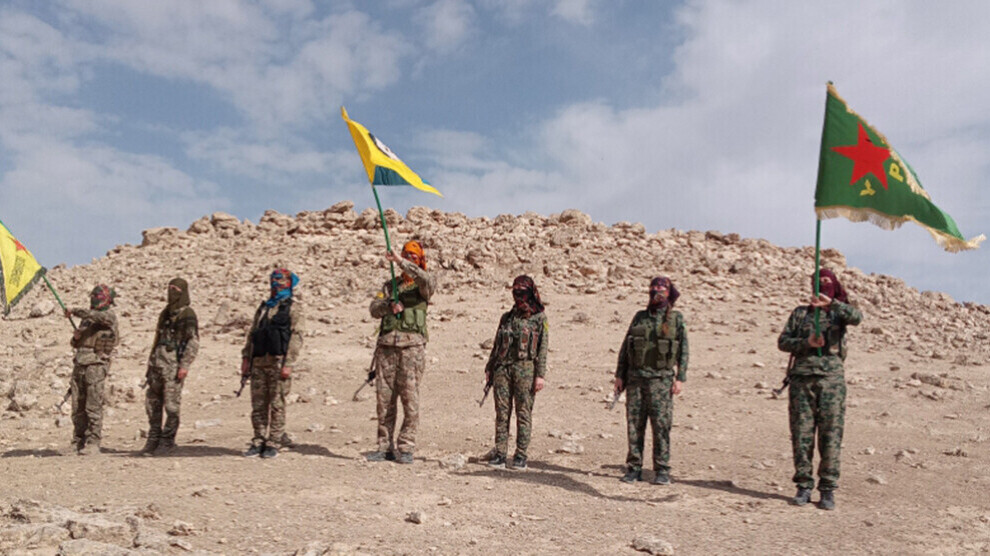
Turkey bombs Rojava, pressures Sweden
Turkish warplanes carried out air-strikes on several towns within the Kurdish autonomous zone in northern Syria, known as Rojava. Among the towns hit was Kobane, from where Ankara says the order was given for the suicide attack in Istanbul that left six dead. ”Kobane, the city that defeated ISIS, is subjected to bombardment by the aircraft of the Turkish occupation,” tweeted a spokesperson for the Kurdish-led Syrian Democratic Forces (SDF). Both the SDF and affiliated Kurdistan Workers Party (PKK), named by Turkish authorities as behind the Istanbul attack, deny any involvement. Three days after the blast, Sweden acceded to Turkish demands that it stiffen “anti-terrorist” measures as a precondition for joining NATO. The Swedish Riksdag adopted a constitutional amendment facilitating passage of laws to limit freedom of association for those who engage in or support “terrorism.” Turkey has long accused Sweden of giving harbor to exiled PKK sympathizers. (Photo via ANF)





